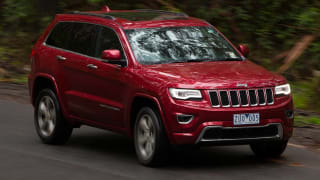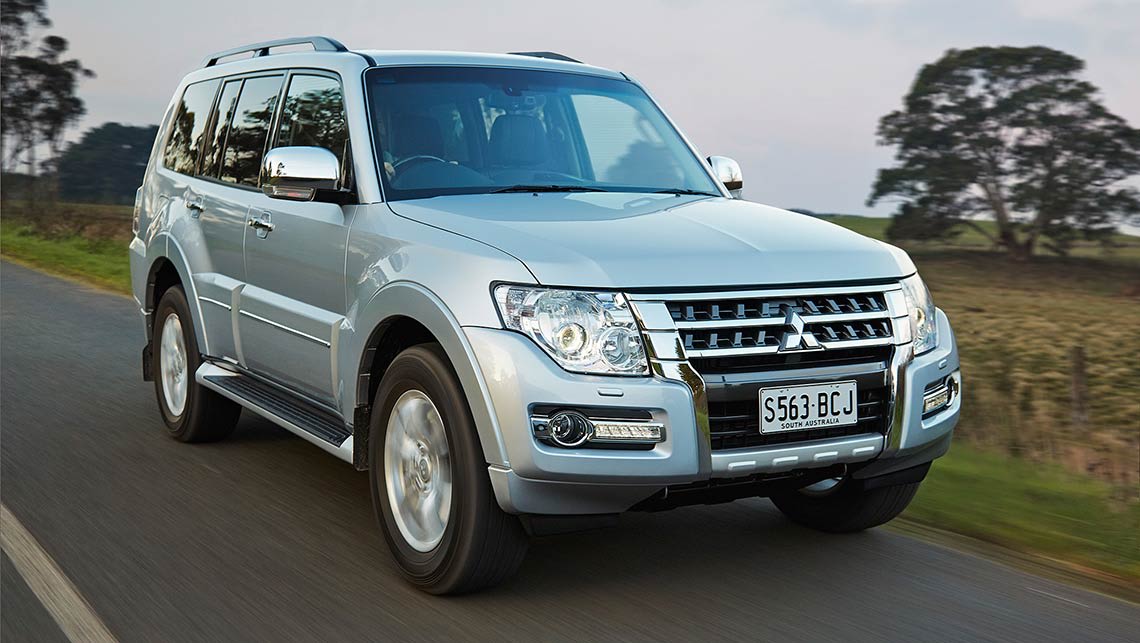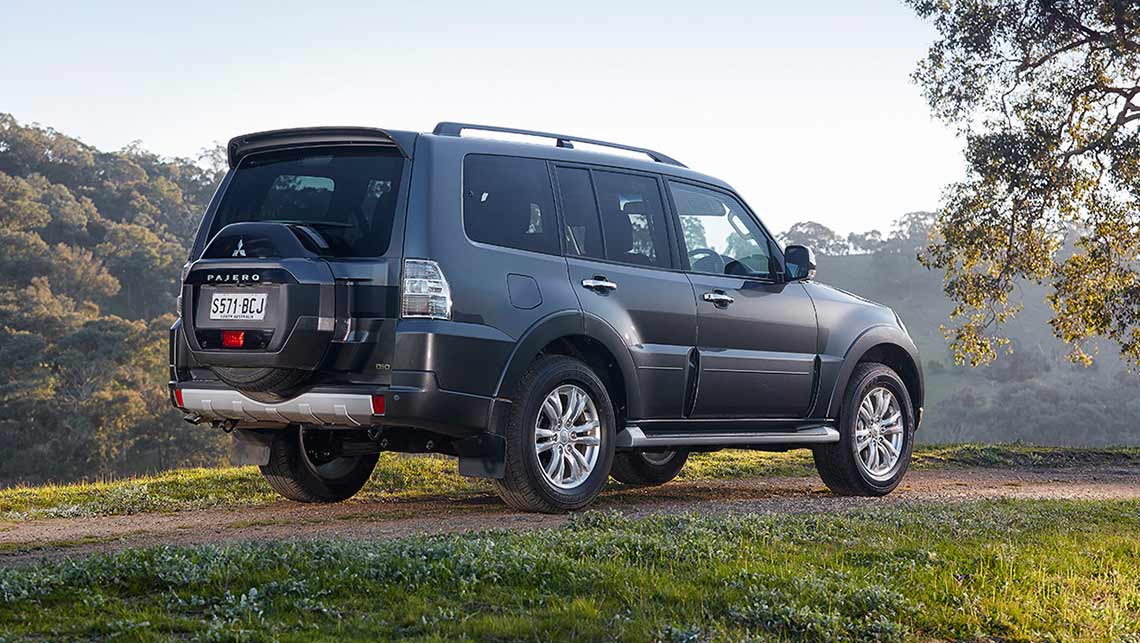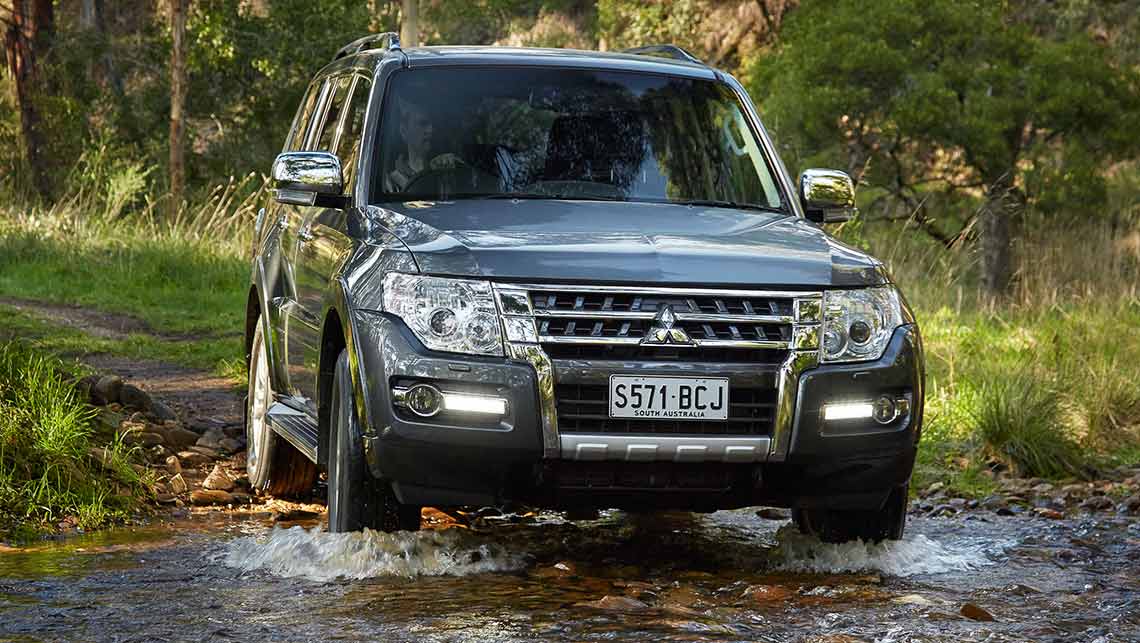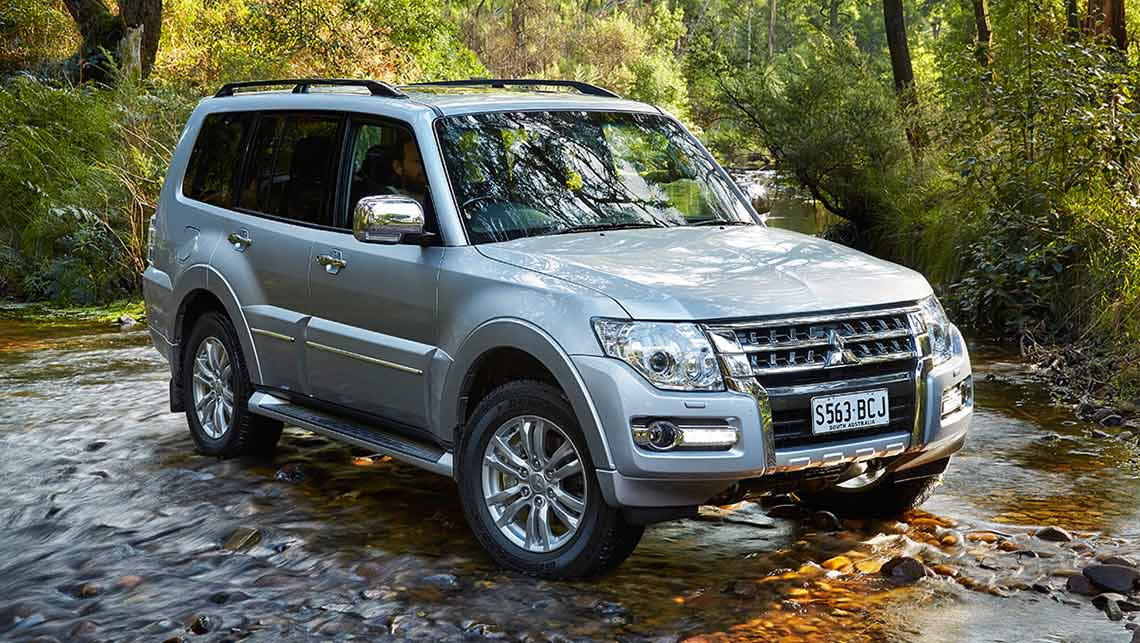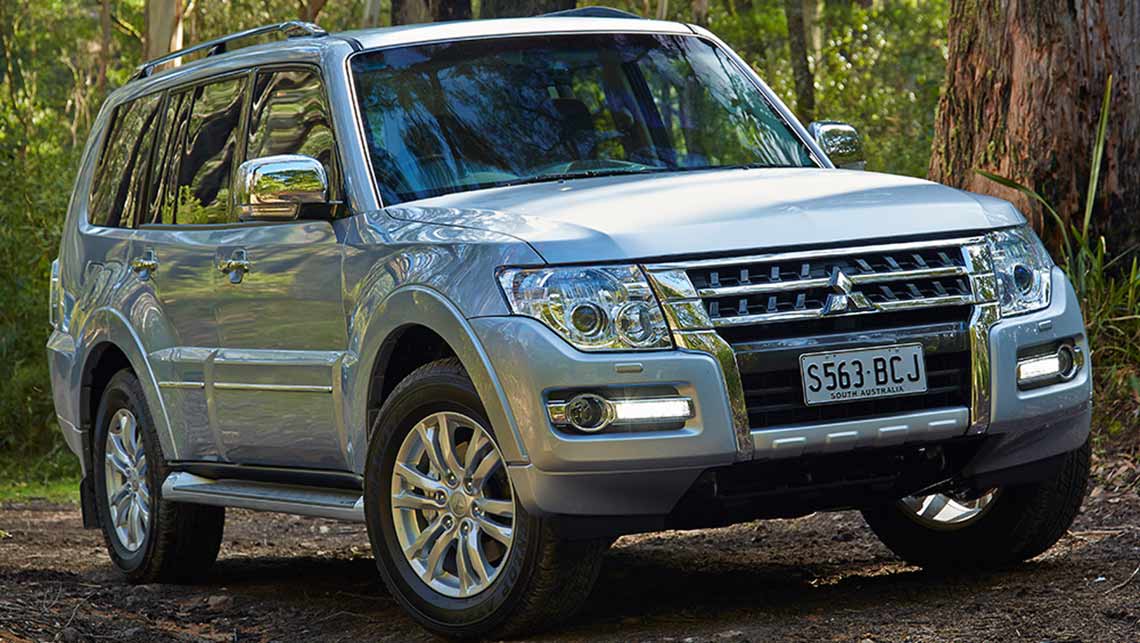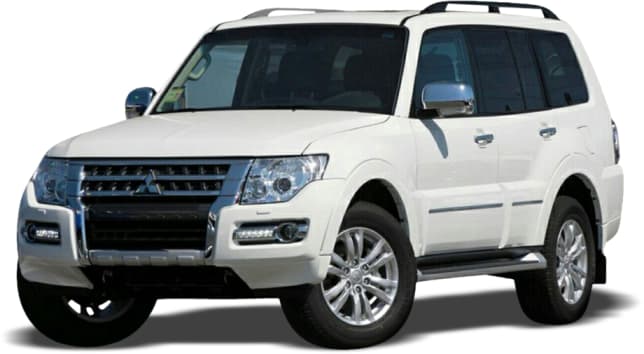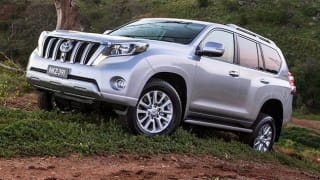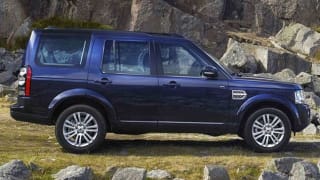As if making a bed, Mitsubishi has changed the sheets and plumped up the pillows of the Pajero. Barely a year after the release of the 2014 model, next year's big signature 4WD wagon is here. The Japanese company's iconic sport utility vehicle has been tweaked, with cosmetic changes inside and out, plus upgraded noise, vibration and harshness reduction measures to give it quieter, more comfortable on-road performance.
The Japanese company's iconic sport utility vehicle has been tweaked
VALUE
Best of all, prices have been trimmed across a new three-model range. The base GLX manual opens the batting at $50,990, plus on-road costs. The middle order GLS replaces both the GLX-R and VRX models, with a manufacturer's recommended list price of $58,990; while the Exceed automatic chimes in with a winning total of $65,990.
DESIGN
In a bid to add some sparkle, the somewhat bland body has been 'bling-ed' up with a new front bumper, front guards, side steps and rear deflector, chrome radiator grille, door handles and mirrors, plus privacy glass. The Pajero rolls on sturdy 18-inch alloy wheels. High intensity discharge headlamps and front LED daytime running lights now come as standard to help improve visibility.
A rear differential lock enhances the Pajero's well-respected four-wheel drive capabilities. A new design of spare tyre cover means there's no mistaking the MY15 Pajero from behind.
The mid-range Pajero GLS test vehicle, which replaces the GLX-R and VRX models, gained the Mitsubishi Multi Communication System with satellite navigation, reversing sensors, rain sensing wipers and dusk sensing headlamps, while heated and power front seats and partial leather seat trim added comfort.
The large SUV uses its interior acreage to maximum effect with flexible seating for up to seven people now standard across the range. All three rows of seats offer ample legroom and shoulder space. By folding flat assorted seat backs both seating and cargo space can be adapted for any use, from two-seater bulky load carrier to five-seat family wagon or people mover catering for up to seven occupants.
The third row seats can be conveniently stowed under the floor, leaving a flat load area with usable height, this is made even better with headrests placed under the seats. The third row can also be removed completely to create an under floor storage compartment.
In a bid to match rivals in the premium SUV segment, significant NVH upgrades have improved cabin quietness. Changes include a new dash panel acoustic insulation material, noise absorbing material has been added to the engine hood, top cowl, floor area, headlining, rear quarter trim and front transmission tunnel area. A noise insulation layer has also been added to the laminated firewall material.
ENGINE / TRANSMISSION
The Mitsubishi Pajero has a 3.2-litre common-rail, direct-injection turbo-diesel engine. It's mated with a five-speed, all synchromesh manual gearbox standard, or a five-speed automatic transmission, the latter comes with a Sports mode. The auto lets the driver switch between 2WD and 4WD modes at speeds of up to 100 km/h on almost all surfaces.
Peak power of 147 kW at 3800 rpm and 447 Nm of torque at 2000 revs puts the Pajero in the tough guy towing capacity of three tonnes with a braked trailer.
SAFETY
Standard safety equipment includes front driver and passenger airbags, side and curtain airbags, seat belt reminders, IsoFix child restraints and a reversing camera.
DRIVING
Our comprehensive drive program in a Mitsubishi MY15 Pajero showed it to be a comfortable, competent SUV.
Off-road behaviour is impressive thanks to Mitsubishi All Terrain Technology (MATT) which delivers a high level of off-road accessibility and outstanding on-road safety and handling with standard rear differential lock. MATT also deals up Active Stability and Traction Control, ABS anti-skid braking with electronic brake force distribution.
